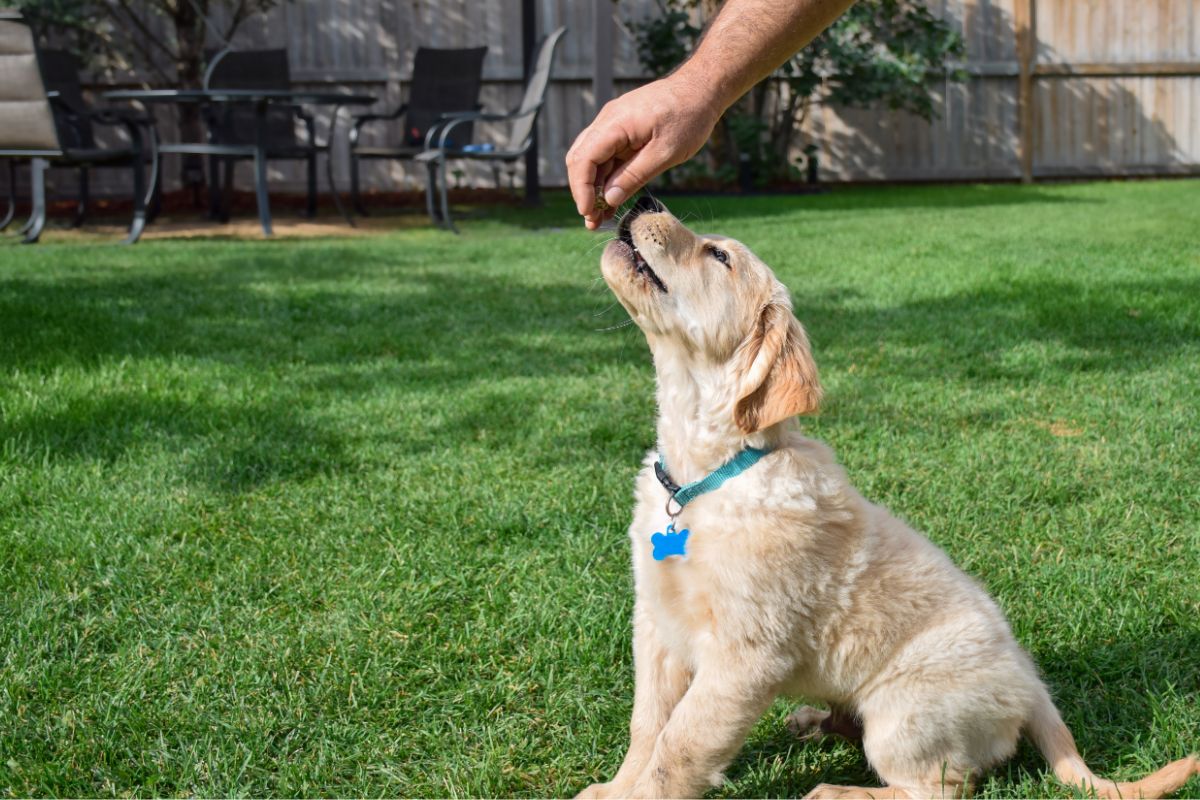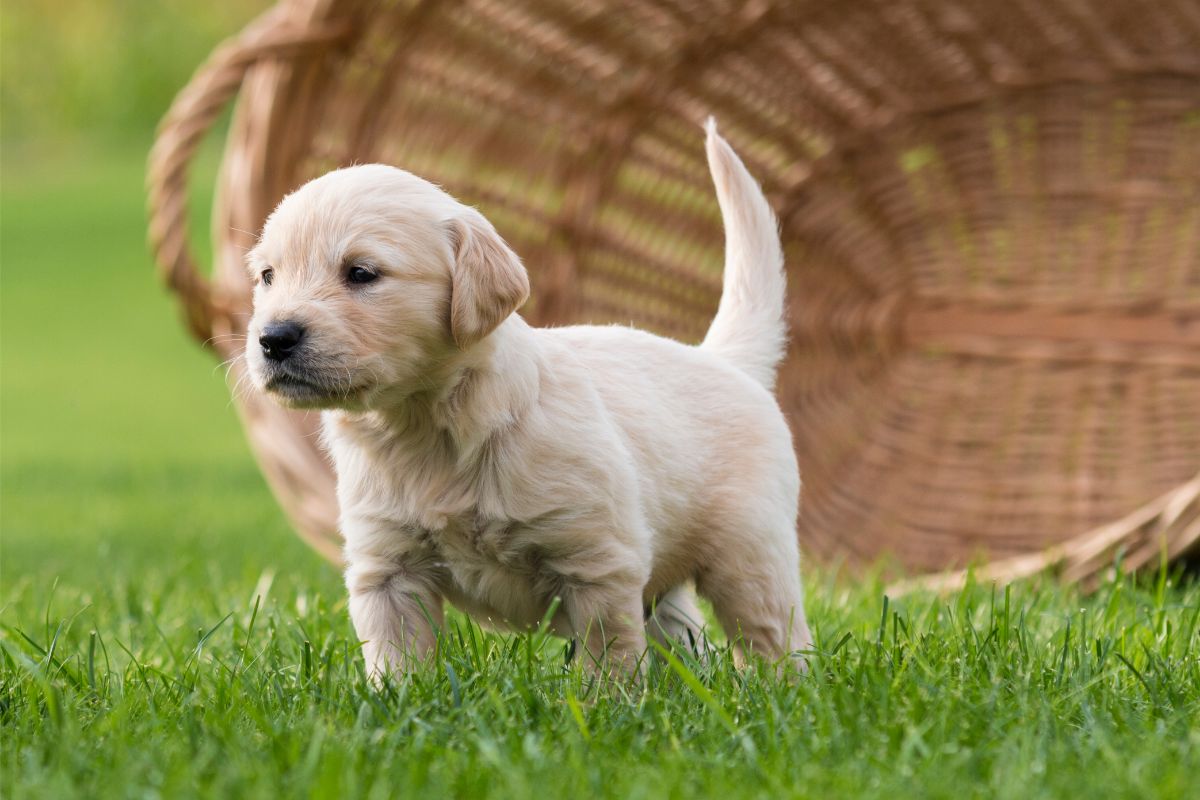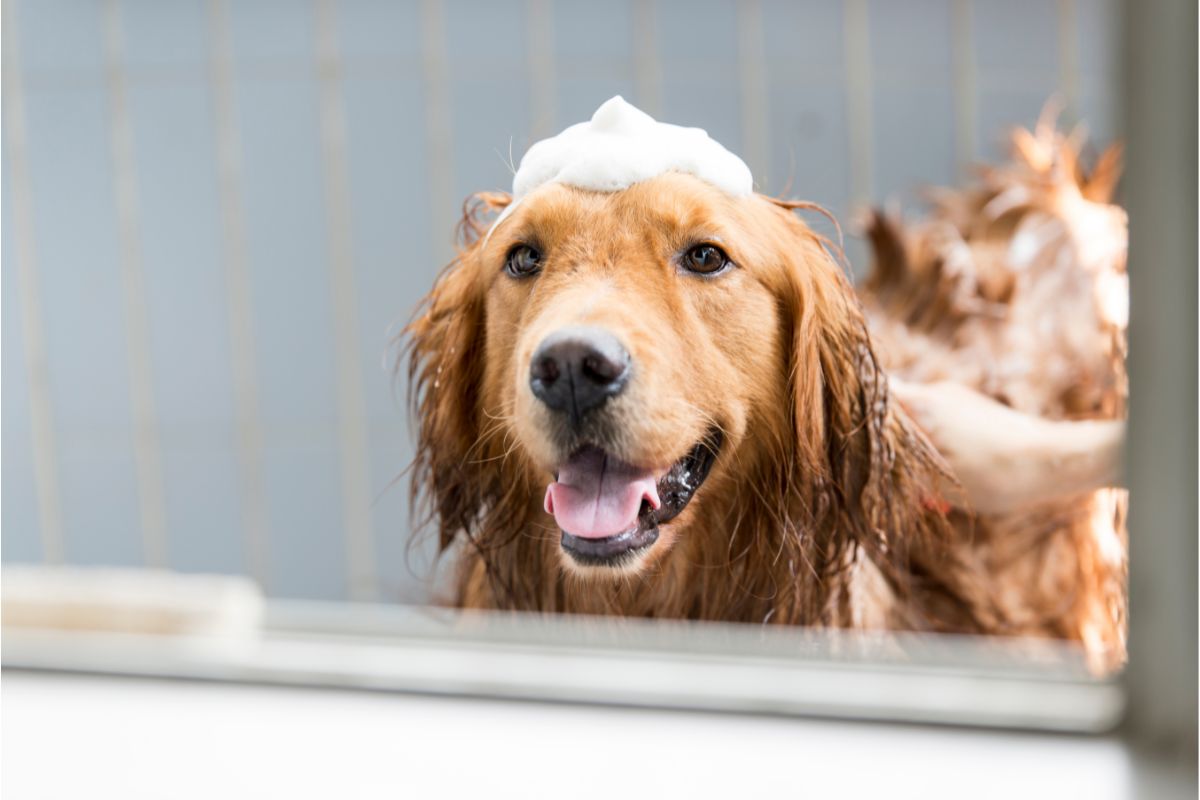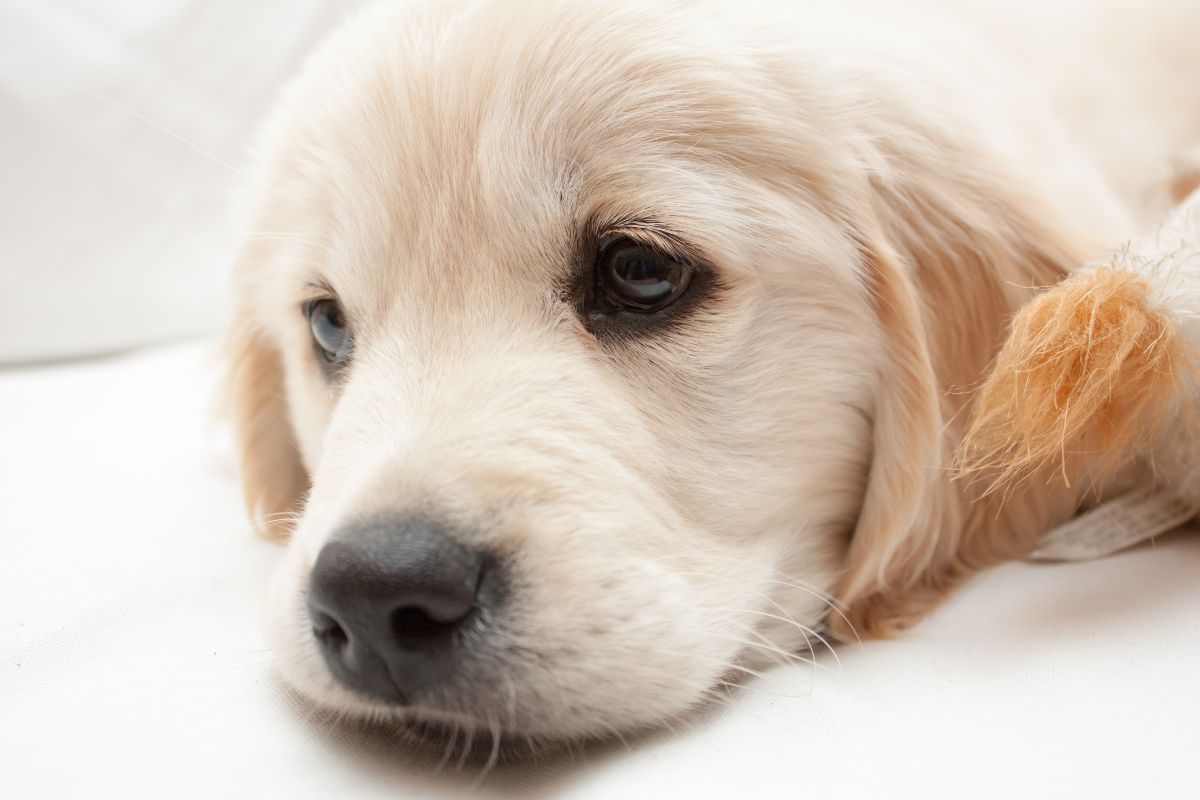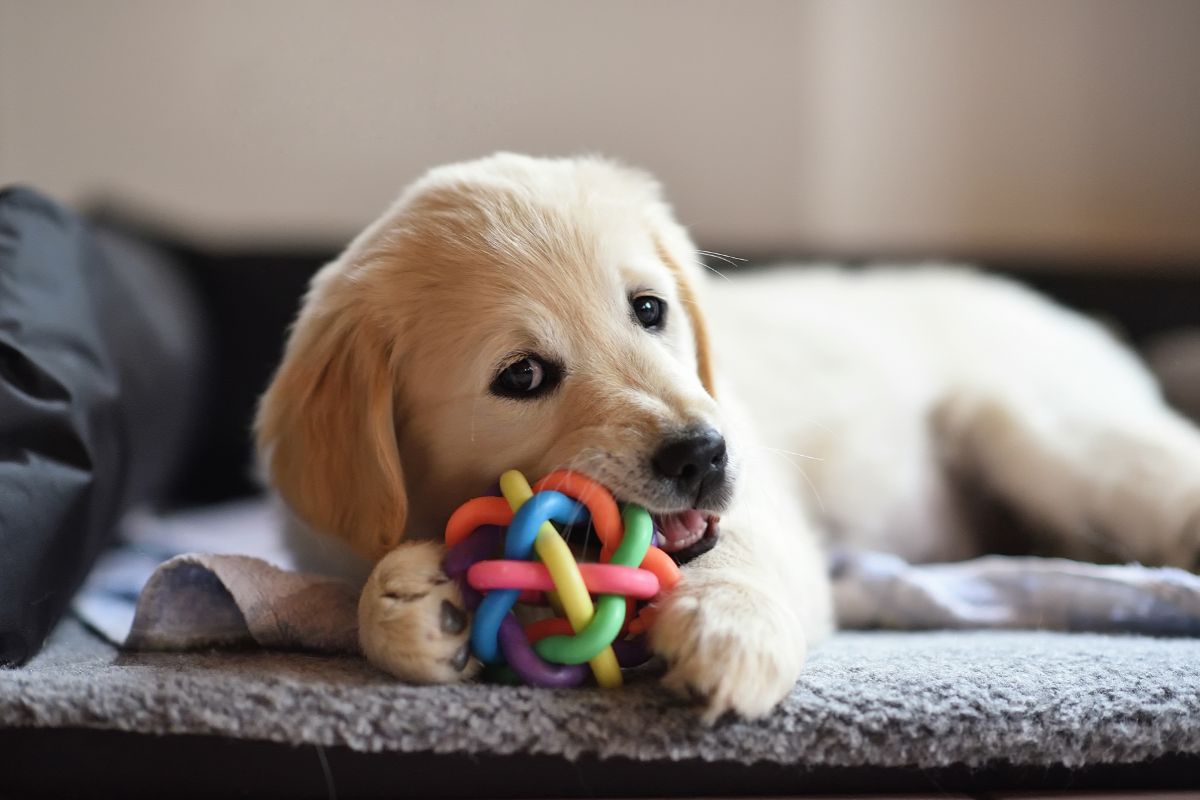When we are referring to animals, such as cats and dogs, the runt of the litter means the weakest or littlest of the litter.
The term is not exclusive to cats and dogs; many of you will remember the beautiful but sad novel Charlotte’s Web by E.B. White from your childhood.
In this book, Wilbur, the runt of the litter, is nurtured by Fern Arable and other animals on the farm. He grows to be an extremely happy, healthy, and lively pig!
Why am I talking about a book about a pig when we are learning about dogs?
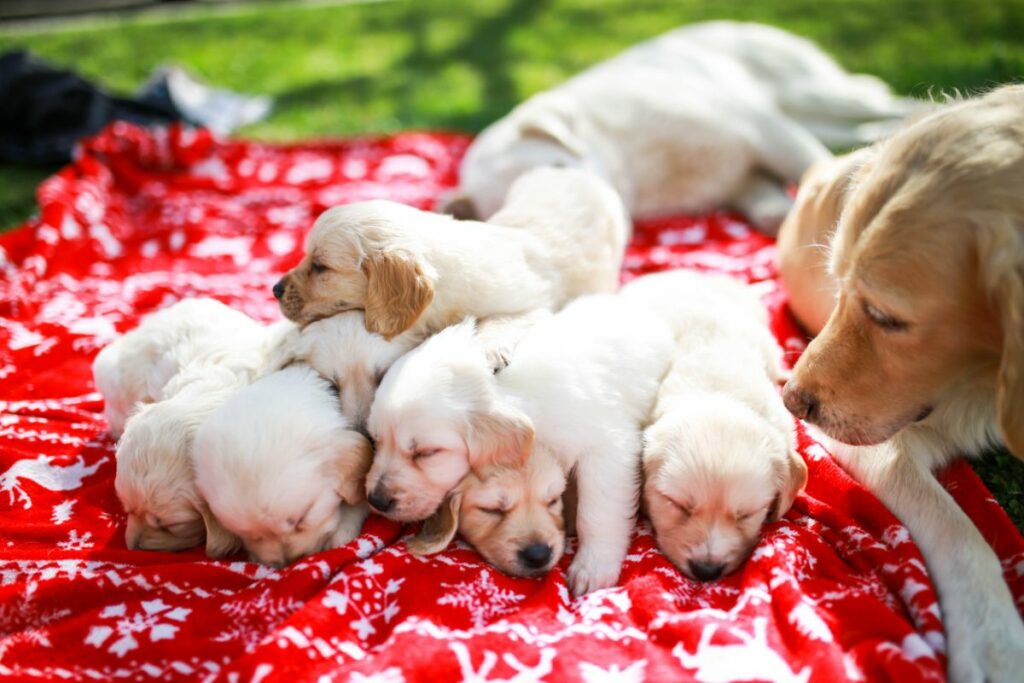
This story serves as a reminder that, although being a runt carries very negative connotations (indeed, Wilbur was saved by Fern from being culled just because he was the runt), if that smallest and weakest member of the litter is given care and affection, unless there are other underlying health problems, they too can grow to live happy and healthy lives in your family home.
So, if you are here, you may be wondering what challenges the runt of the litter has and how you can support your pup to overcome them.
Read on to discover what you need to know about helping your little one to thrive and survive!
The Runt Of The Litter: Size
Probably the most obvious, as I have touched upon already, is that the runt is usually a lot smaller than its brothers and sisters in the litter.
Being able to recognise the runt of the litter is essential as this little pooch will probably need more support from you in comparison to its litter mates.
The reasons for the difference in size can vary. For example, genetics, prenatal factors, or even struggles in obtaining resources during development due to the competition from litter mates.
You can learn more about a Golden’s Week’s week-by-week growth here.
This takes me on to the next point.
Competition for Resources
Although this can be a contributing factor to being the runt, it is also one of the struggles the runt may then face.
When we look at pack animals, the stronger and larger in the pack will be more assertive in their access to essentials, such as their mothers’ milk.
Therefore, the runt of the litter is less likely to receive the nourishment it requires, which will make it more difficult for this poor little pup to thrive.
When you are supporting a litter, it’s important to pay attention to their feeding patterns. If you notice that the runt is being pushed out by its larger siblings, you may want to consider separating them at feeding time.
If your pup is really struggling, you may want to support them with an extra bottle feed, as well as having their mom’s milk.
Doing this will ensure that the runt gets the nourishment it requires to thrive.
You may also like our Golden Retriever Pregnancy Guide
Health Concerns Of A Runt Pup
This is possibly where some of those more negative connotations of being the runt come from.
Being the runt can make these little ones more susceptible to health concerns, such as failure to thrive, a weaker immune system, hypoglycemia (low blood sugar), delayed physical and cognitive development, respiratory problems, and congenital defects.
This is another reason these little pooches need extra care and attention.
It is important to monitor them and, as with any pup, to ensure they attend their scheduled check-ups.
If there are any issues that your veterinarian notices, they may be able to create a care plan to help you support your furry friend’s development to reach their full potential.
Despite these challenges, try not to be too alarmed. Many runts will go on to live happy and healthy lives with a lot of love and support – they may even catch up to their siblings.
It is also important to note some of the aforementioned health conditions are not exclusive to the runt of the litter.
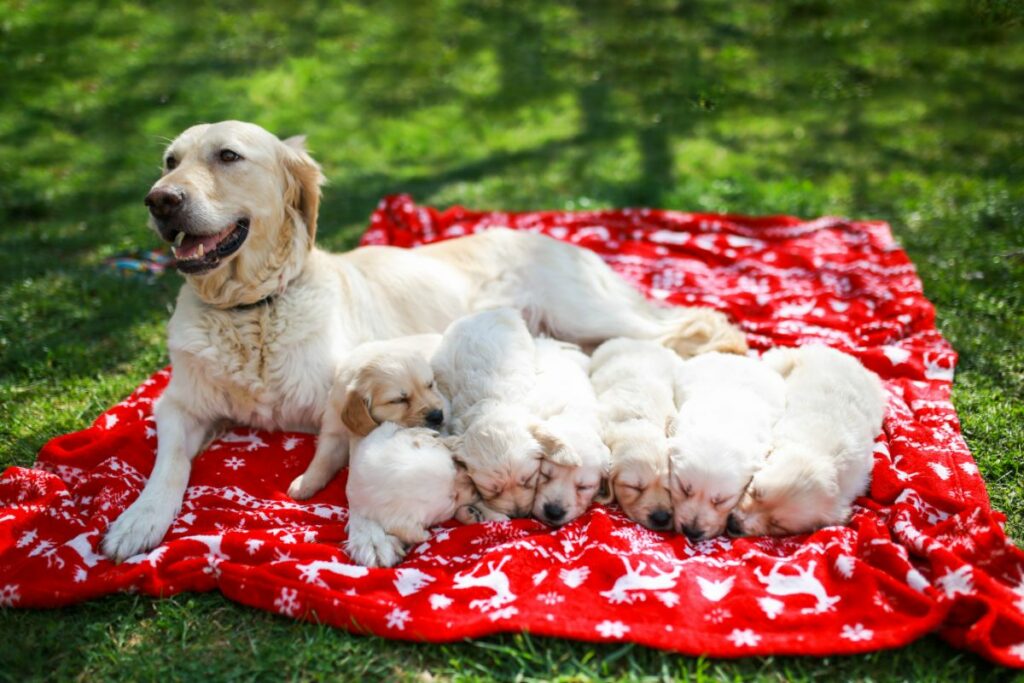
The Runt Needs A Little Extra TLC
Although I have covered this, it’s the one that cannot be emphasized enough (plus the loveliest part!).
The runt needs extra care and attention. It’s not to say that if you’re caring for a litter that you’re treating the runt as a favorite – you do not need to carry guilt.
Although some pet owners may leave these little pups to fight it out and work things out for themselves, if you’re a loving and caring paw-rent, I wouldn’t recommend it.
Most people will want to see their pups thrive, whether you’re raising them to stay in your home or finding a loving, forever home for them.
You will want to monitor their intake, their weight, make sure that they are warm (lots of cute cuddles, anyone?), and generally look out for signs that they aren’t thriving as they could be.
Regular check-ups with your veterinarian may be required, and they may be beyond the routine visits if your veterinarian notices any concerns or changes and wants to start a care plan.
It is also recommended to make sure they are socializing well with their littermates whilst they are still with them.
If you have welcomed the runt of a litter into your home, it’s worth speaking with the breeder about how they have supported this special pup to thrive already and to know about any specialist interventions that they’ve been using to help your little friend thrive.
Whilst all of this may feel time-consuming, especially when raising puppies is tiring enough, it’s no less than your pup deserves, and the extra support you give at this stage is likely to pay off in the long run.
Further reading: Caring For A Newborn Puppy
The Final Woof
Although people worry about raising the runt or then adopting the runt, these puppy pals provide the same amount of joy for us as their stronger siblings do.
With plenty of care and attention and close working with your veterinarian, your smallest pup will often have every chance of living a long, happy, and healthy life.
Whilst it can be tempting to let these little guys figure it out for themselves, giving them extra support (especially with nourishment and warmth) is likely to prove beneficial in the future.
If you’re on this site, my guess is you’re not averse to snuggles with your furry friends anyway, so rather than being a chore, this is likely to feel like a bonus!


